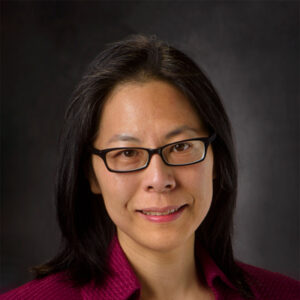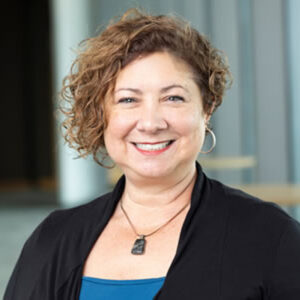As we are all aware, the new presidential administration is moving rapidly to change how science, including health sciences, will be conducted and funded by the federal government, including research supported by the National Institutes of Health.
To access this subscriber-only content please log in or subscribe.
If your institution has a site license, log in with IP-login or register for a sponsored account.*
*Not all site licenses are enrolled in sponsored accounts.
Login Subscribe
If your institution has a site license, log in with IP-login or register for a sponsored account.*
*Not all site licenses are enrolled in sponsored accounts.
Login Subscribe














